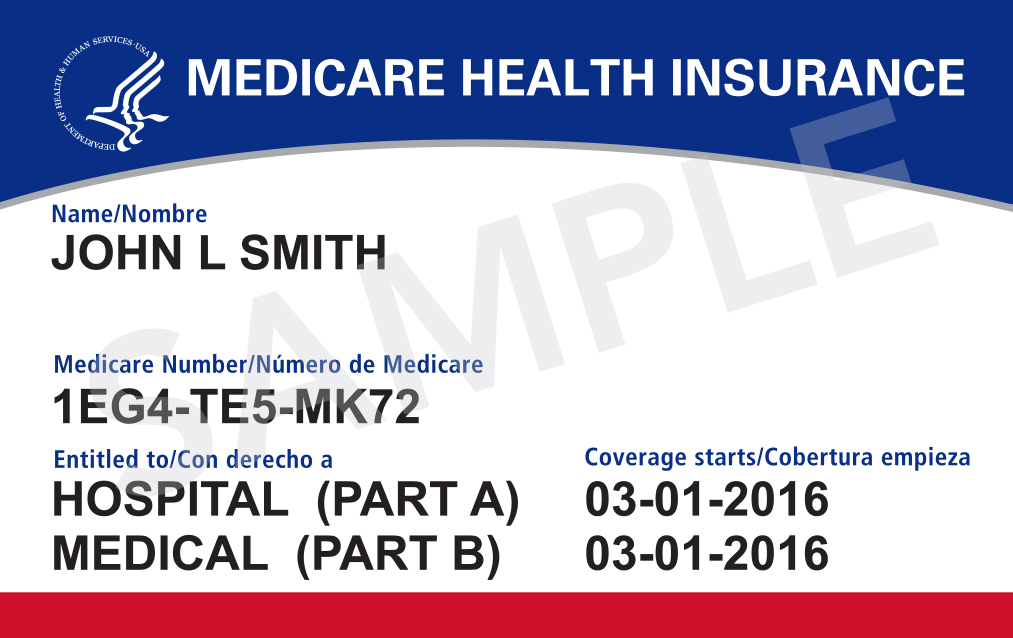AARP Hearing Center
Survey: Medicare Beneficiaries at Risk from Card-Replacement Scams

TALLAHASSEE – As the federal government undertakes a major initiative to issue new identification cards to the Medicare beneficiaries in Florida and nationwide, an AARP survey finds that a majority of those enrollees are at risk of being victimized by fraud schemes designed to capitalize on the card replacement program.
In response, AARP Florida is participating in an education campaign to raise awareness among consumers about Medicare Card scams. Florida’s 4.33 million Medicare recipients are scheduled to begin receiving their cards starting in June.
The year-long national effort to mail new ID cards to 58 million Medicare recipients began this month. The redesigned cards no longer contain enrollees’ Social Security numbers – a move designed to enhance security and help protect against identity theft. Consumer advocates, including AARP, welcome the development but, ironically, the card replacement program has opened these new opportunities for con artists:
- Scammers reportedly pose as Medicare representatives and contact beneficiaries to demand immediate payment via credit card of a processing fee for the new card. No such fee exists.
- In other cases, the scammers falsely say that Medicare needs to “verify” a recipient’s Social Security number or other personal information before issuing the card. Medicare says it does not make such calls and does not initiate uninvited contact.
- Yet another version of the scam tells beneficiaries that they are due a refund on transactions with their old card, and asks them to provide bank account information for the processing of the alleged refund.
Results of the AARP survey, which polled Medicare enrollees age 65 and older, indicate a significant number of people could end up as victims of the scams. Among the key findings:
- There is little public awareness: Three-quarters of those surveyed (76 percent) knew nothing or very little about Medicare’s plan to issue new identification cards.
- Six in 10 think they could face a fee: Although the redesigned ID cards are free, 60 percent of Medicare enrollees did not know or weren’t sure if they would be required to pay a fee.
- Half might not question a purported call from Medicare: When asked if beneficiaries could expect to receive a telephone call from Medicare asking them to verify their Social Security number, half (51 percent) said they weren’t sure.
The AARP education campaign includes social media text and video postings, website content, and a cover package in the April edition of the AARP Bulletin. AARP Florida and other AARP state offices are distributing a handout that details the new card rollout and associated scams.
AARP is also teaming up with the Federal Trade Commission to present a free webinar on Thursday, April 19, about Medicare cards and fraud schemes. Register for the webinar at: www.aarp.org/FraudWebinar.
The AARP Fraud Watch Network launched in 2013 as a free resource for people of all ages. Consumers may sign up for “Watchdog Alert” emails that deliver breaking scam information, or call a free helpline at 877-908-3360 to speak with volunteers trained in fraud counseling. The FWN website provides information about fraud and scams, prevention tips from experts, an interactive scam-tracking map, fun educational quizzes, and video presentations featuring Fraud Watch Network Ambassador Frank Abagnale.
Abagnale, the renowned fraud expert whose personal story was depicted in the hit movie “Catch Me If You Can,” is also host of a new AARP weekly podcast series, “ The Perfect Scam,” that launched last week.
# # #
Survey Methodology
In March 2018, AARP engaged Alan Newman Research to conduct a national research study among U.S. adults ages 65 and older about their experience and knowledge around the new Medicare cards and potential vulnerability to scams related to the new card and benefits. A total of 800 telephone interviews (560 via landline telephones and 240 via cell phone) were completed between March 12 and March 19, 2018. Survey length averaged 10 minutes. The total sample of 800 respondents yields a maximum sampling error of ±3.5% at the 95% level of confidence. See the research report for additional information.































































